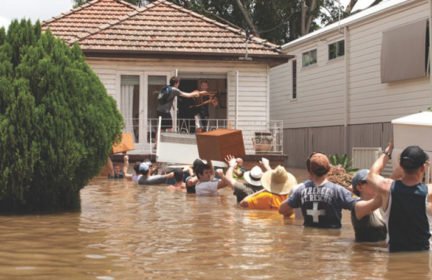And Then What? Preparing for the Long Emergency
What if instead of a brief emergency, you and your neighbors are in one that lasts months or years?
Without reliable access to food, water, electricity? Couldn’t leave your home without risking it being ransacked while you were gone?
This is already a constant reality for homeless folks. In Seattle where I live, there’s on the order of 10,000 folks currently experiencing homelessness.
How does our approach to preparedness change for an emergency that is both (a) long and (b) already happening for lots of people?
Having the right gear for your household, and having the right skills, is a great starting point. “Put on your own mask before assisting others.” But if lots of neighbors are already in a continuous state of emergency, I think this becomes an imbalanced approach very quickly, because it doesn’t tap into the opportunity for people power, and I also just don’t want to live in a world where I’m personally getting by OK but my neighbors are struggling *hard*.
For the past year+, I’ve been trying to “prepare for the already continuous emergency” by working with my neighbors to support my unhoused neighbors. My buddy and I created the Homeless Organizing Community Seattle Facebook group so that folks interested in this work could get connected and join forces. We created this Patreon to fund supply purchases, such as ice packs so folks without electricity can keep their food cold, and propane so folks can cook and stay warm, and batteries so folks can still see when the sun goes down.
Lately, I’ve been trying to transition from focusing on buying supplies myself to supporting folks with my labor, such as helping to build a community food garden next to my buddies who live in an RV, and helping to build a home beneath a freeway. I figure labor is more sustainable/scalable than funds (lots of folks don’t have spare cash, but do have spare time) and also working together contributes a lot to creating a prepared community.
We’ve been collection some of the lessons we learn into a document called Practical Advice For Addressing Needs With Your Neighbors.
-
Comments (4)
-

